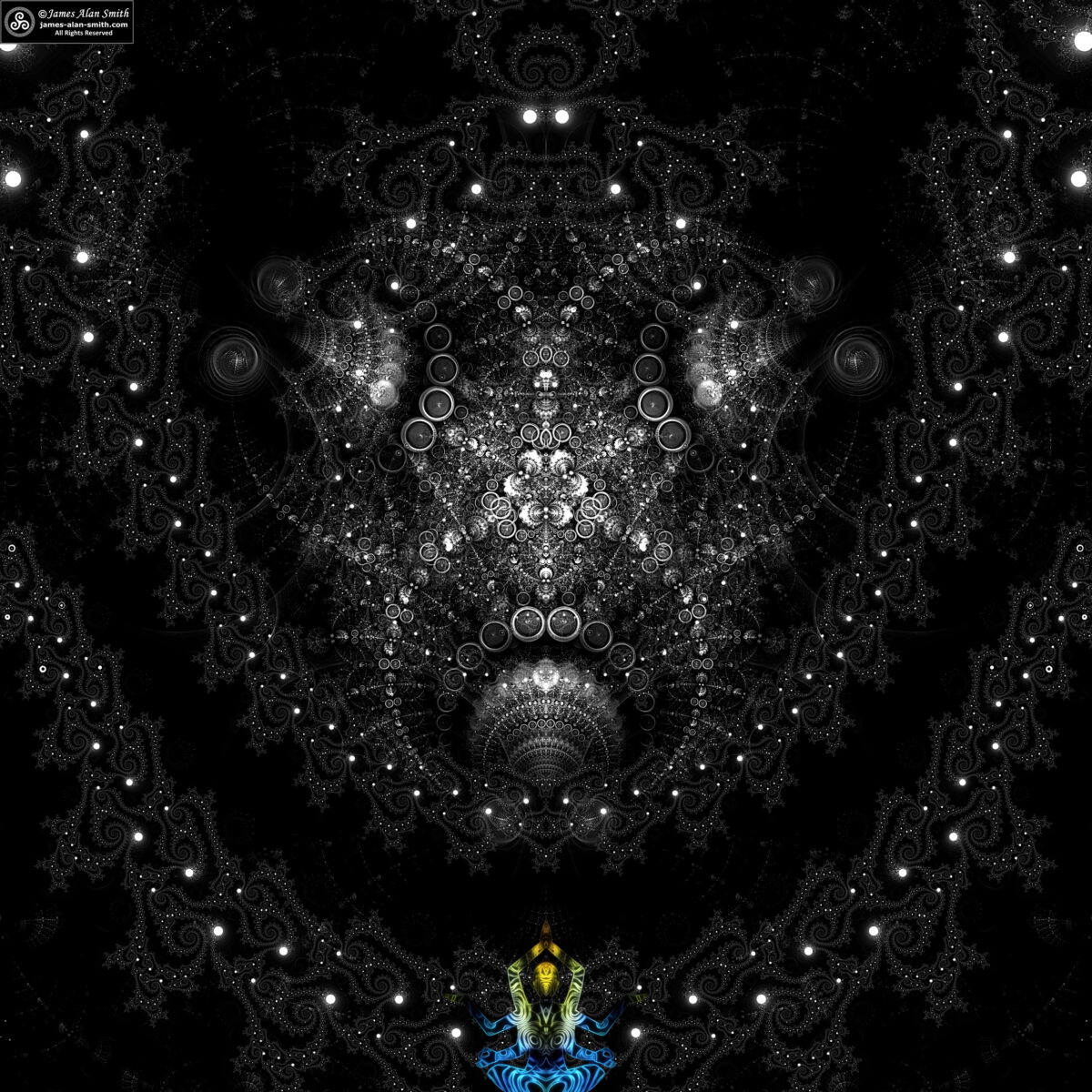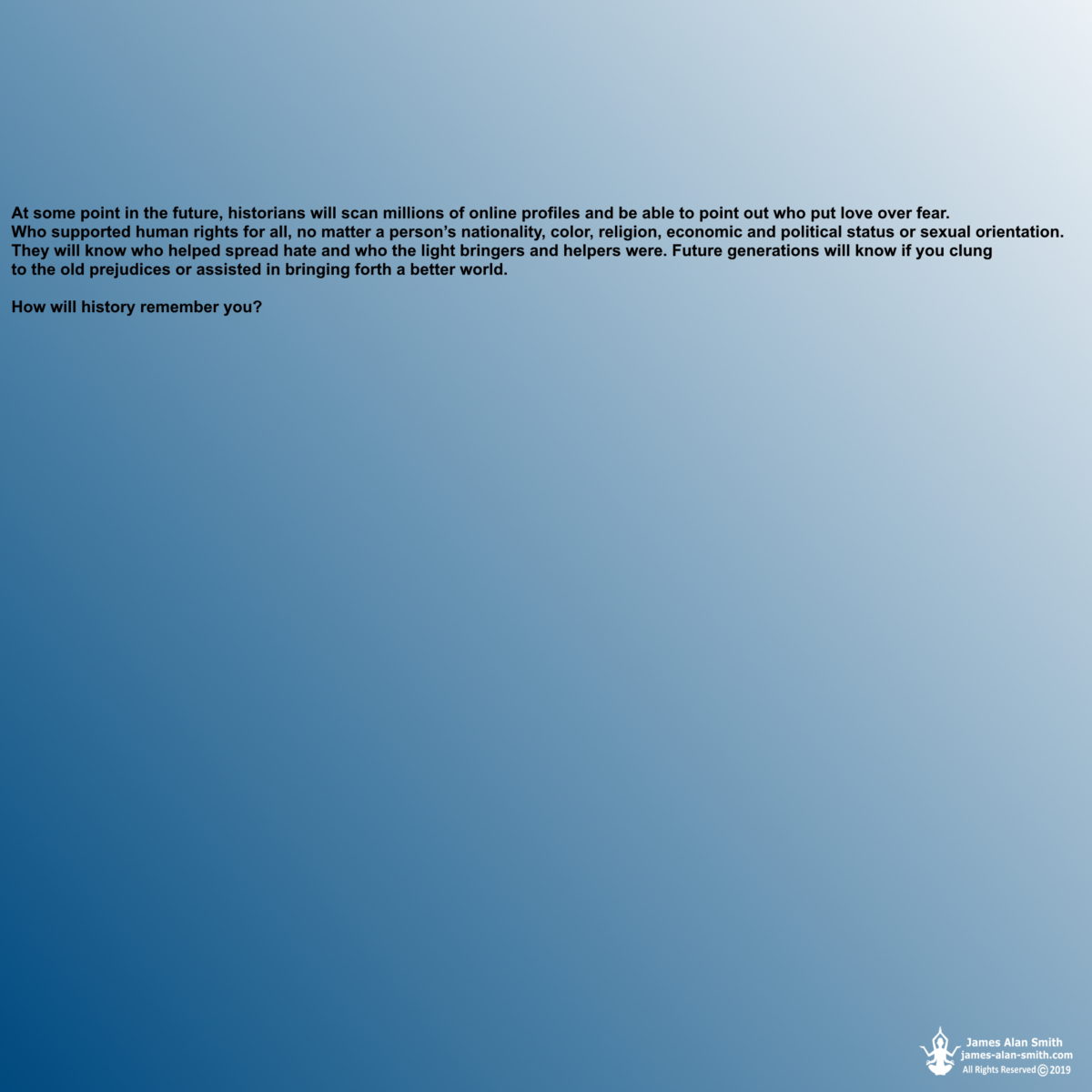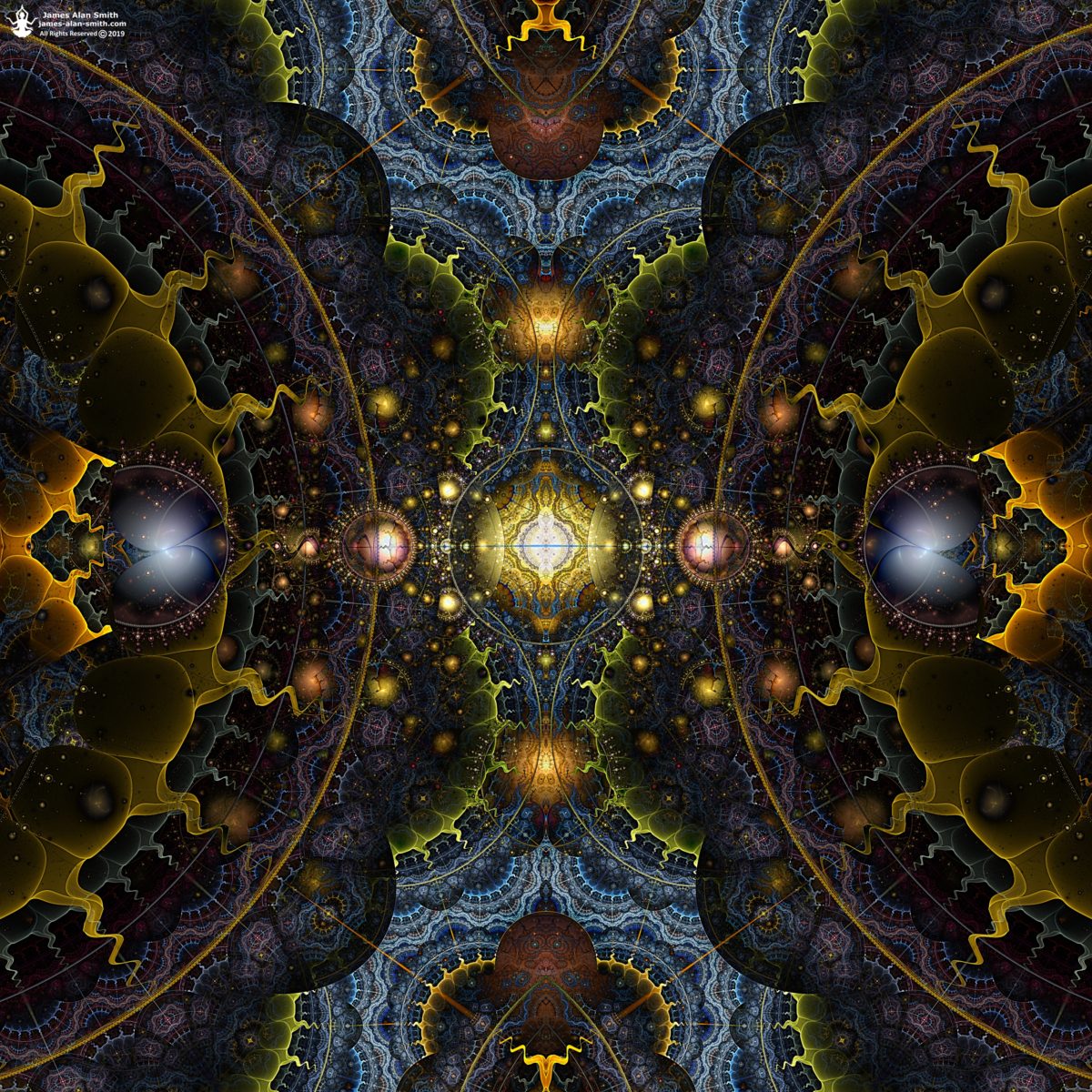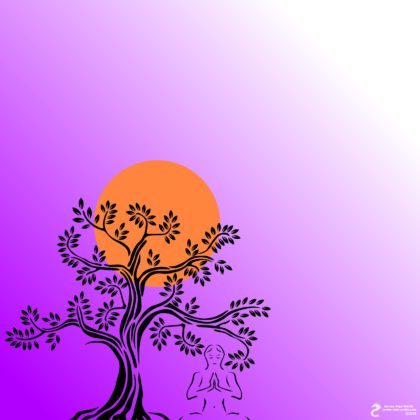The Soul is the Vessel of Infinite Dreams: A visionary art piece I completed this morning…

The Soul is the Vessel of Infinite Dreams: A visionary art piece I completed this morning…

At some point in the future, historians will scan millions of online profiles and be able to point out who put love over fear. Who supported human rights for all, no matter a person’s nationality, color, religion, economic and political status or sexual orientation. They will know who helped spread hate and who the light bringers and helpers were. Future Generations will know if you clung to the old prejudices or assisted in bringing forth a better world.
How will history remember you?

At some point (How will history remember you)?
Wonderful Realms:
A new reality is but a thought away…
A new visionary art piece I completed this Sunday afternoon, enjoy!


We are all broken:
A life made of innumerable pieces, shards of the mosaic…
Walking this living path, with its mile markers of joy and wonder, while journeying through the gauntlet of a thousand strikes to the glass of our souls. Humanity and time demanding a new impression, a newly created shard with each impact of their collective hammer.
A soul divided into immeasurable fragments, seemingly designed to separate us from self, from truth, from each other and from our ascendancy to universal consciousness. Each splinter colored a different hue, none as the others before it.
Seemingly tragic in its destruction, feeling at times like a focused malevolent power, aligned in almost gleeful opposition to the avatar we present to the world and pretend to be in our thoughts. Each shard with a label. Man, woman, rich, poor, educated, sage, sinner and saint.
Calamitous when these shards are perceived from afar and separate from other. But powerful when combined with the mortar of love and universal acceptance. A glorious union, creating a spectacular amalgamation of our true self.
We are all broken. But if courageous enough, we can join the shards of our souls and create a most prepossessing mosaic.
One day the Master took his disciple to a river and had him fill two pails full with water. He told the disciple to now hold both pails with outstretched arms and asked …
“How do we overcome pain?”
The disciple said … “Master, I know not the answer you seek.”
The Master then instructed the disciple to come to the river one hour each morning and hold the pails with water and arms outstretched until he had the answer.
At the first dawn after the New Moon the Master approached his disciple. In tremor, sweating and in much discomfort holding onto the pails as instructed, by the river. The Master lifted one eyebrow, silently asking if his student had the requested answer.
The disciple shaking his head said. “I am sorry my Master the answer escapes me. I had thought I would have grown stronger these many days and would be able to lift the water without effort or pains. Please guide me.”
The Master nods and said. “If I must.”
He then takes the students pails full of water and holds them with outstretched arms as he instructed before. The disciple looks intently at his Master trying very hard to study his Masters stance, the way he holds the pails. Trying to find the trick that would let somebody endure the pain.
The Master then asks … “Do you see the trick my pupil? How to overcome pain?”
The disciple, still confused shakes his head no. The Master smiles and with a glint in his eye says … “We let go of it.”
He then walks away as the pails, now on the ground, drain the water they held.
Look not to prophet, teachers, or gurus. Gods and Goddesses breathed spirit most great into thy being. All needed, already part of self-most great.
Student: “Master how did you find enlightenment?”
Master: “I realized that I never lost it.”
The Vote:
An old man walking through his village saw a very long line of villagers gathering about waiting. And asked the person at the end of the line…
“What do ye wait for?”
Villager: “To cast vote for our new council member.”
Old Man: “Why wait for such?”
Villager: “He is important, his decisions can change our lives, bring us happiness or despair.”
The old man laughs and starts to turn away …
Villager: “Why laugh old man? Do you not take you’re well being, your very happiness seriously? “
Old Man: “Yea, very much so.”
Villager: “Then why walk away?”
Old Man: “They are much too important to give away to another’s control. I shall keep responsibility for my happiness with myself where it belongs. Why give up such power to other?”
Only two laws exist. Law of nature’s Goddess and of lowly man. Notice the Goddess’s law when followed bear fruit, greater life. Behold law of man restricts, chokes life.
Worry is but deposit of time and soul for the devil’s future crimes. Live now, waste not this moment.